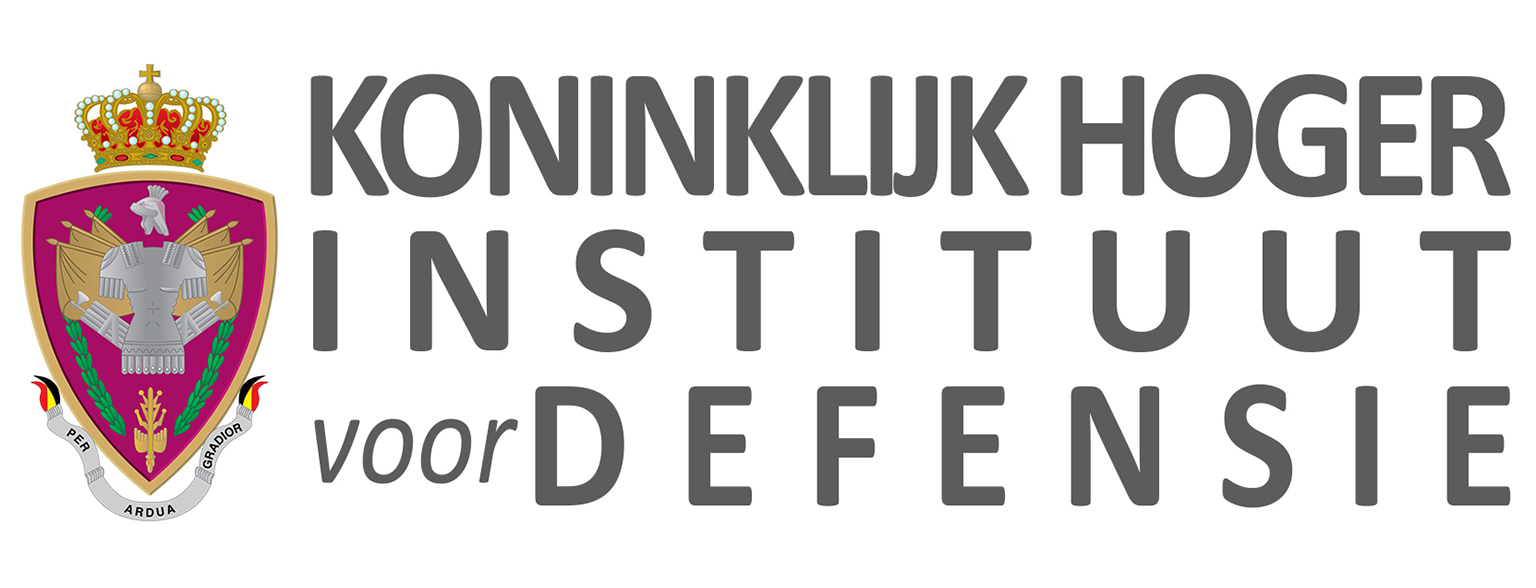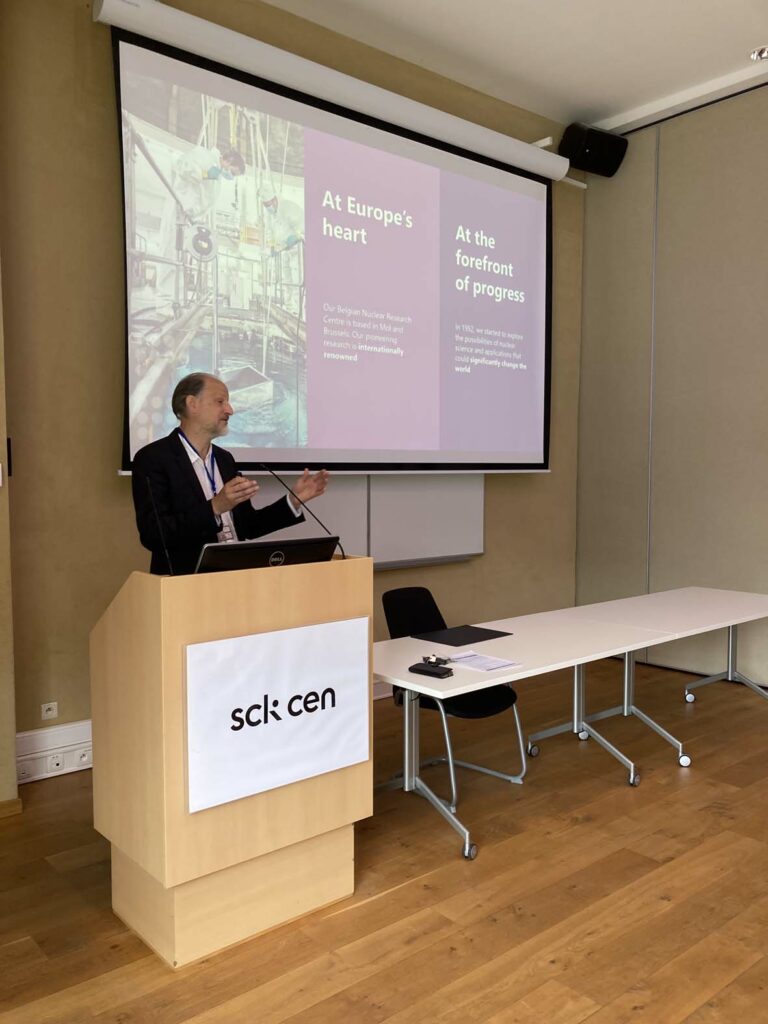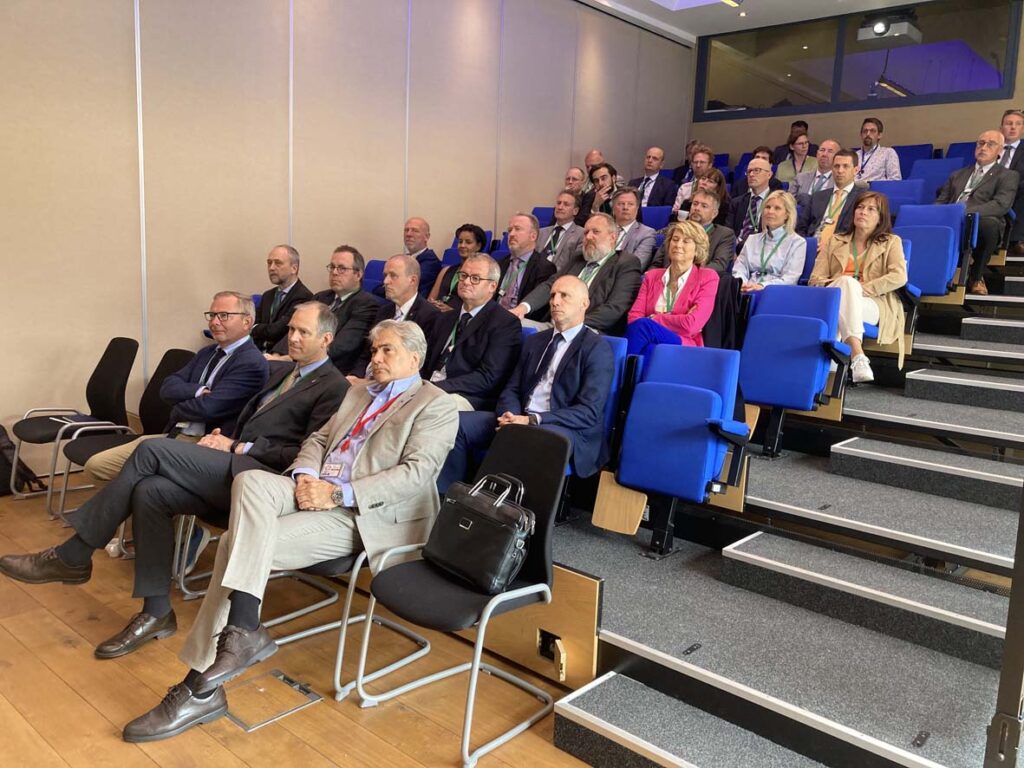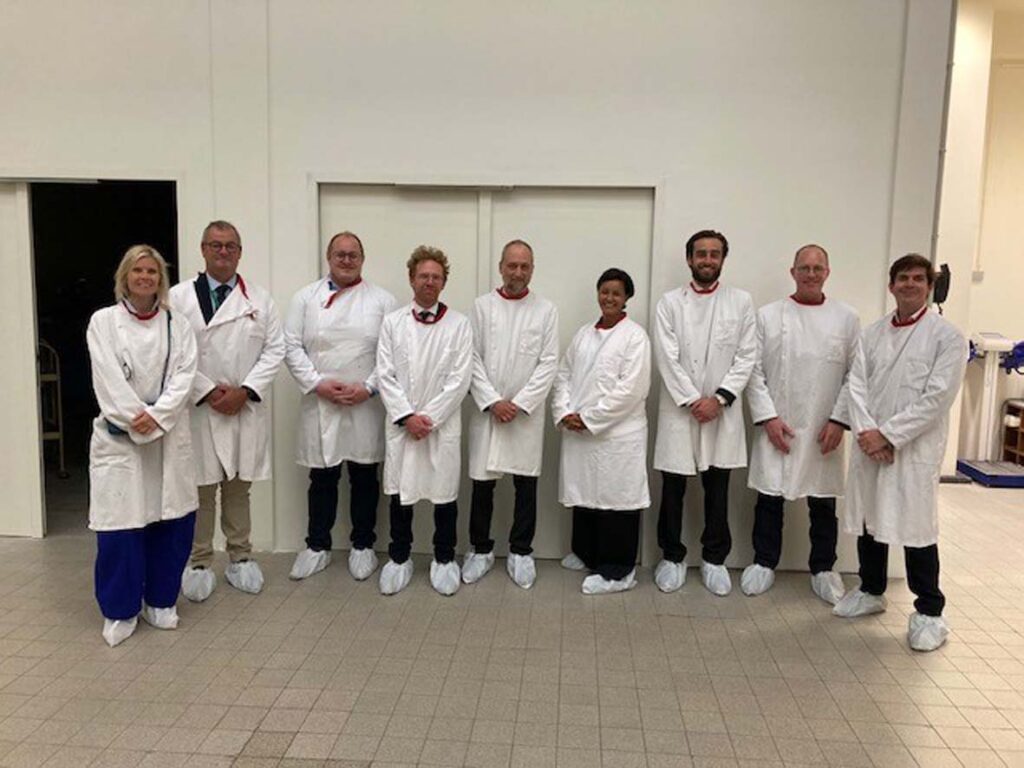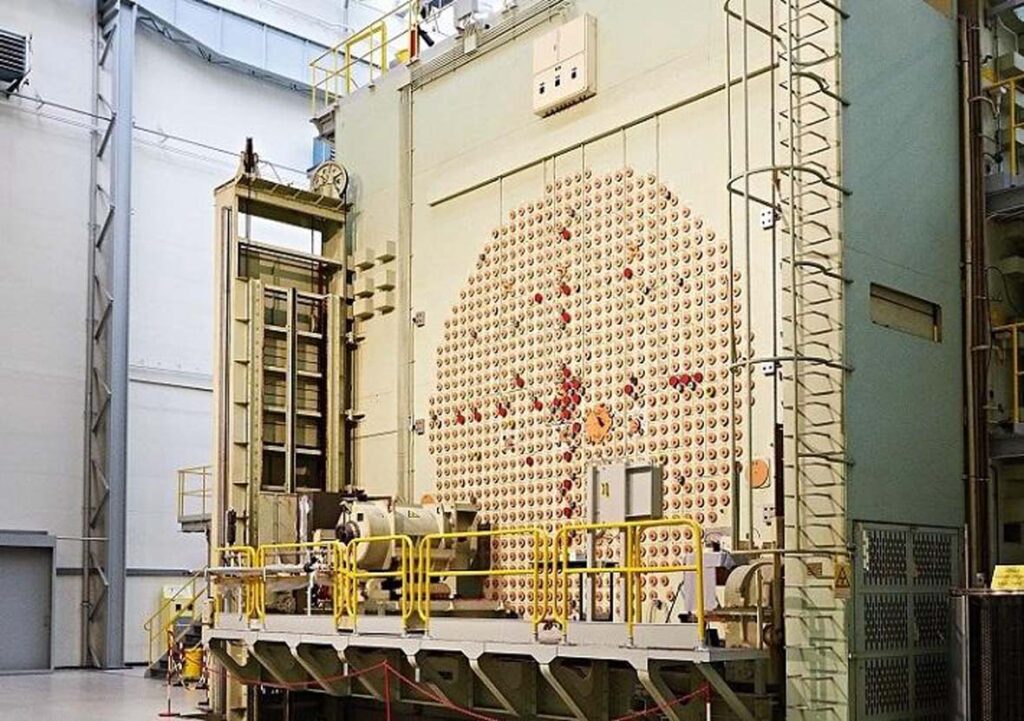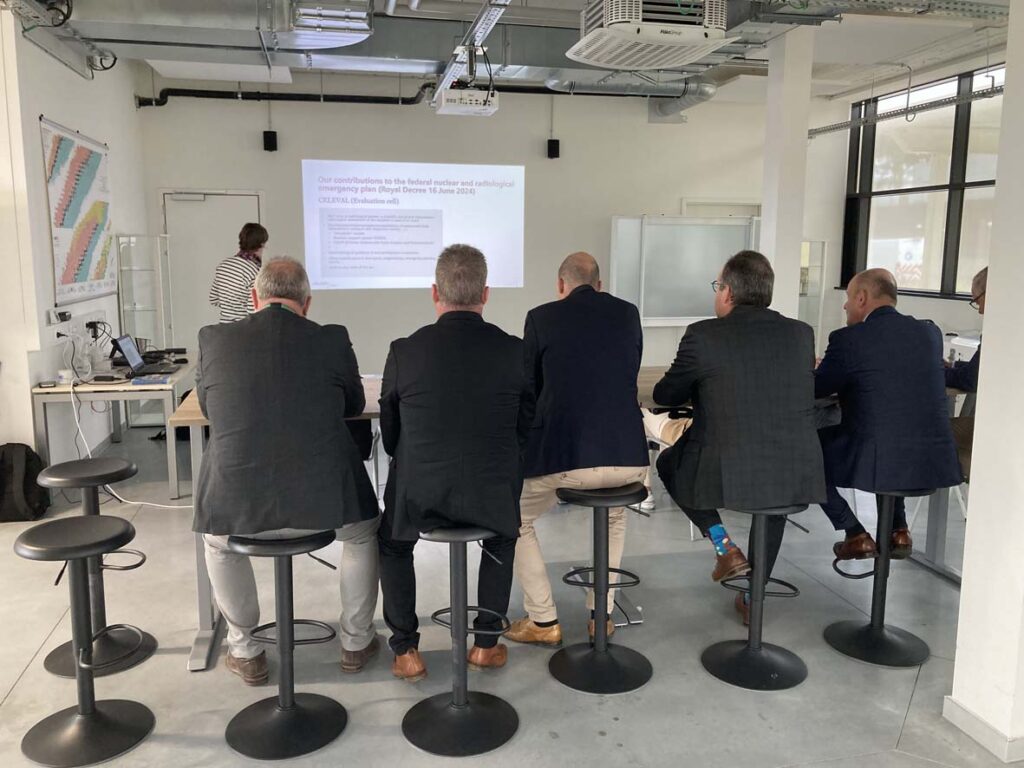Nuclear security and innovation: visit of the HSSD to the Study Centre for Nuclear Energy
To conclude their training programme, the auditors from the High Studies for Security and Defence (HSSD) visited the SCK-CEN (Study Centre for Nuclear Energy) in Mol on 3 June 2025. This internationally renowned research centre is active in the fields of civil and medical nuclear energy and radiation protection.
A programme at the heart of nuclear research
The auditors were first treated to a general presentation of the centre by its director general, Peter Baeten, who outlined the missions, flagship projects and strategic importance of the SCK-CEN for Belgium and Europe.
The morning continued with a presentation by the head of the Security Department on the security, surveillance and access control systems. An ideal opportunity for auditors to touch upon the multiple layers of nuclear security, in a context where hybrid threats and technological risks require increased vigilance.
Three areas of expertise, presented in the field
The afternoon was dedicated to a series of visits, which were organised in small groups and focussed on three key areas:
- The BR1 reactor, Belgium’s first nuclear research facility, which is still operative today. Today, this important pillar of fundamental research is used for experimental irradiations, sensor calibration and the training of nuclear experts.
- Crisis management and radiation protection, with a particular focus on emergency protocols, the use of drones for field measurements and the different measures that are taken to protect both astronauts and the general public against ionising radiation.
- Radiobiology, a booming discipline that focuses on cancer research. The auditors learned about the work that is being done with regards to the effects of radiation on both healthy and tumorous tissues, as well as the progress that is being made towards personalised medicine thanks to radioisotopes.
A global approach to scientific and human safety
The visit enabled the auditors of the HSSD to establish links between scientific, medical and security challenges. Building on the lessons learned from previous seminars, the auditors gained a deeper understanding of nuclear risks, the strategic role that scientific research can play and the necessary collaboration between civil, military and scientific institutions to preserve national and international security.
📌Find out more about HSSD and their seminars: Sessie 2024-2025
